- In addition to news items, we also publish more extensive stories about high-profile research or about CWI contributing to tackling social issues.
- Questions about our research or our institute? Media can contact our Communication department.
- Our CWI in the media page features a selection of CWI appearances in prominent media channels, both national and international.
News
CWI publishes news item about its research, education and the social impact of this research on a regular basis.
Von Engel and Franklin Prize for Ute Ebert
For her pioneering theoretical and computational work on electric discharges in gases, Ute Ebert (CWI and TU/e) has been awarded the prestigious Von Engel and Franklin Prize. She delivers her prize lecture …
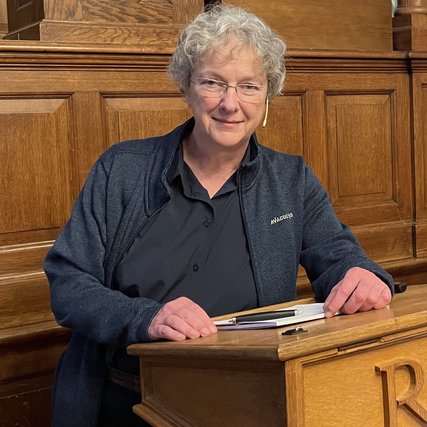
Battery sharing could cut energy costs for communities, study finds
What if neighbourhoods could lower their electricity bills without investing in expensive battery systems? An international study led by researchers at CWI suggests exactly that: by leasing capacity from large, commercially operated …
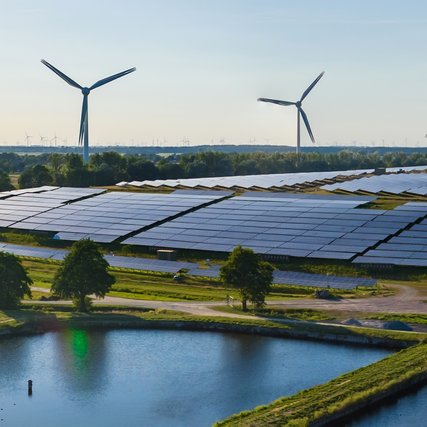
Joakim Blikstad wins 2025 EATCS Distinguished Dissertation Award
Can algorithms be both fast and simple? Joakim Blikstad has shown that they can. His PhD thesis from 2024 presented new combinatorial algorithms for solving some of the most fundamental problems in …
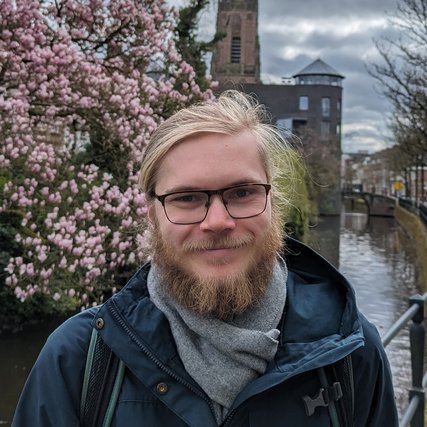
Best Demo Award at CHIWORK 2025
The People’s Choice Best Demo Award at the 4th Annual Symposium on Human-Computer Interaction for Work (CHIWORK 2025) went to the demonstration titled “Dark Haptics Scenarios for Future XR Advertising.”
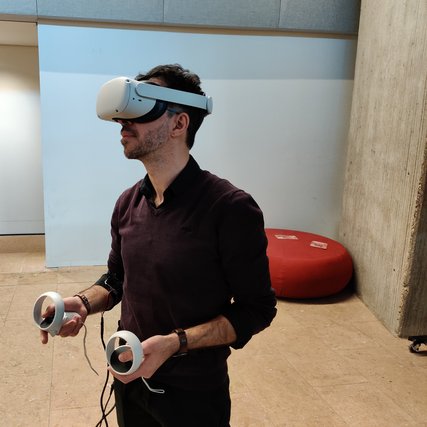
CWI develops AI models inspired by the brain
How can we develop smarter AI that more closely resembles the human brain? Sanne van den Berg explored this question together with her supervisors Pieter Roelfsema and Sander Bohté in her thesis.
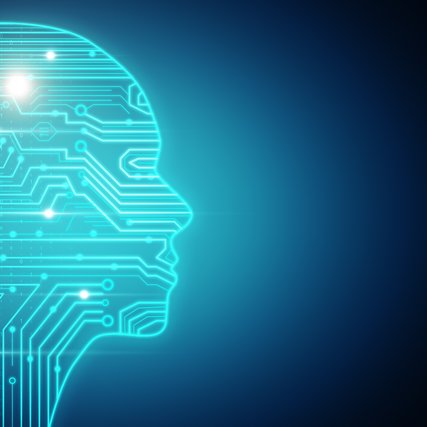
CWI joins AI-driven solar energy research in HELIOS project
A collaboration between CWI and research institutes AMOLF and DIFFER has received funding from NWO-I to establish methods, techniques, and facilities that can be used to automatically design a highly efficient next-generation …
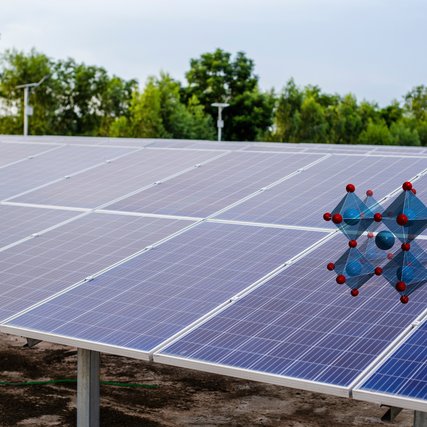
Dashboard to expose bias in library AI systems
Researchers from the Human-Centered Data Analytics (HCDA) group are collaborating with software companies to develop a dashboard that reveals bias in library recommender systems. The project has received €123,900 in funding from …

Farewell to CWI director Ton de Kok honoured with royal distinction
During his farewell address at Eindhoven University of Technology (TU/e) on June 12, CWI director Ton de Kok was appointed Knight in the Order of the Dutch Lion. He received the royal …
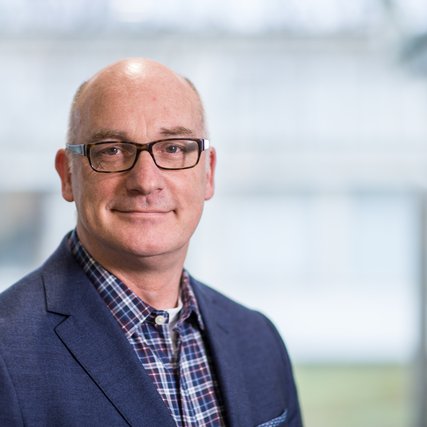
- 1 (current)
- 2
- 3
- 4
- …
- 157
- Button to the next page
